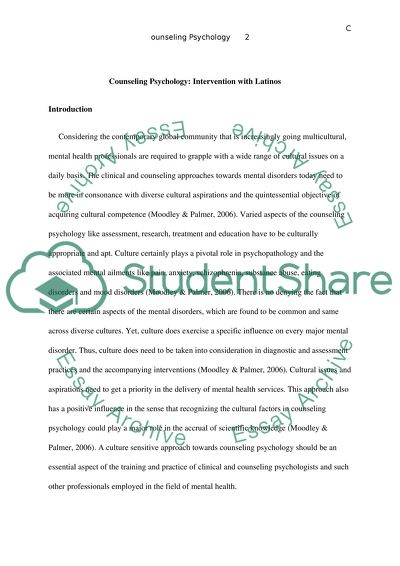Cite this document
(“Counseling Psychology: Interventions with Lations Research Paper”, n.d.)
Retrieved from https://studentshare.org/family-consumer-science/1424035-counseling-psychology-interventions-with-lations
Retrieved from https://studentshare.org/family-consumer-science/1424035-counseling-psychology-interventions-with-lations
(Counseling Psychology: Interventions With Lations Research Paper)
https://studentshare.org/family-consumer-science/1424035-counseling-psychology-interventions-with-lations.
https://studentshare.org/family-consumer-science/1424035-counseling-psychology-interventions-with-lations.
“Counseling Psychology: Interventions With Lations Research Paper”, n.d. https://studentshare.org/family-consumer-science/1424035-counseling-psychology-interventions-with-lations.


